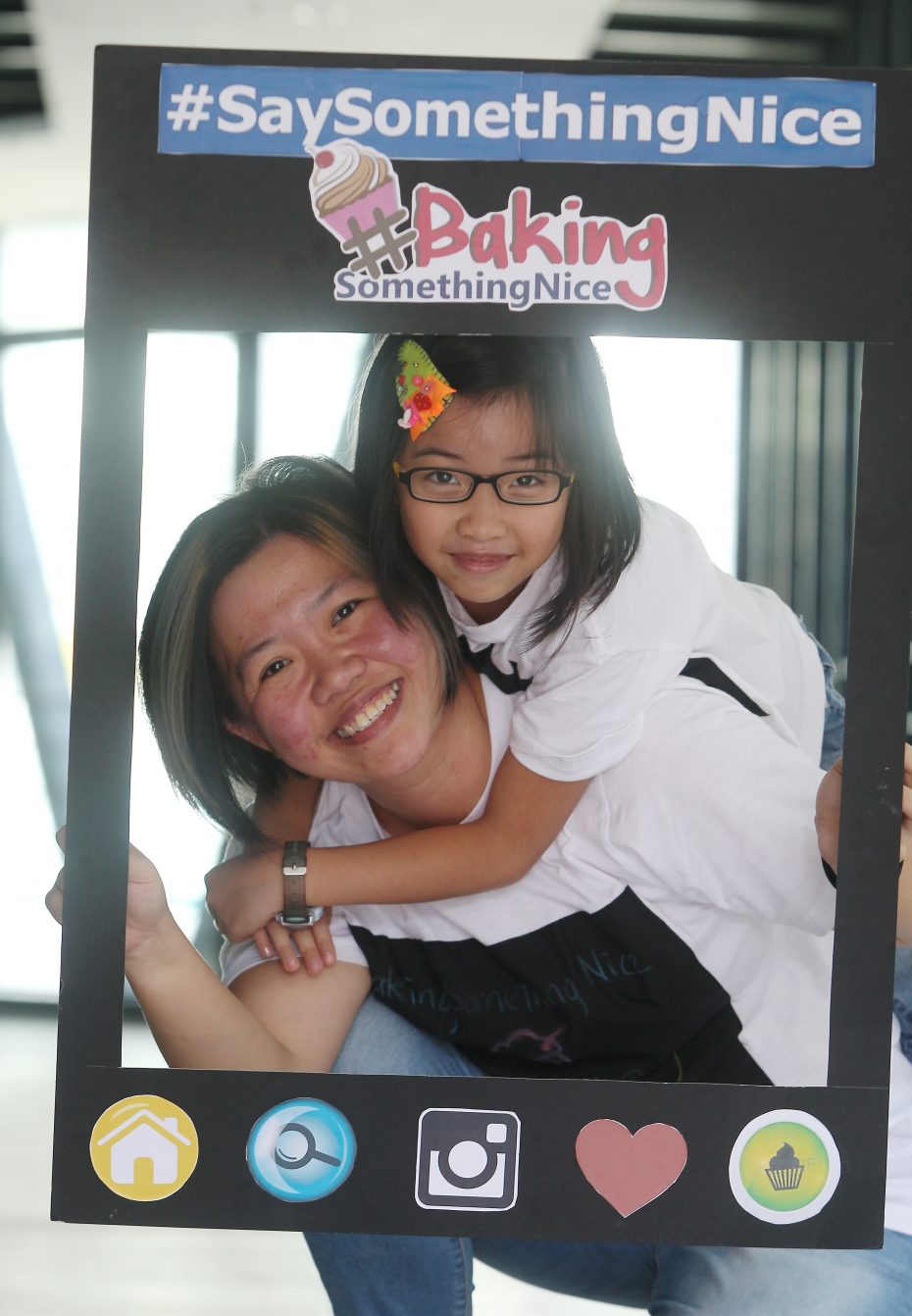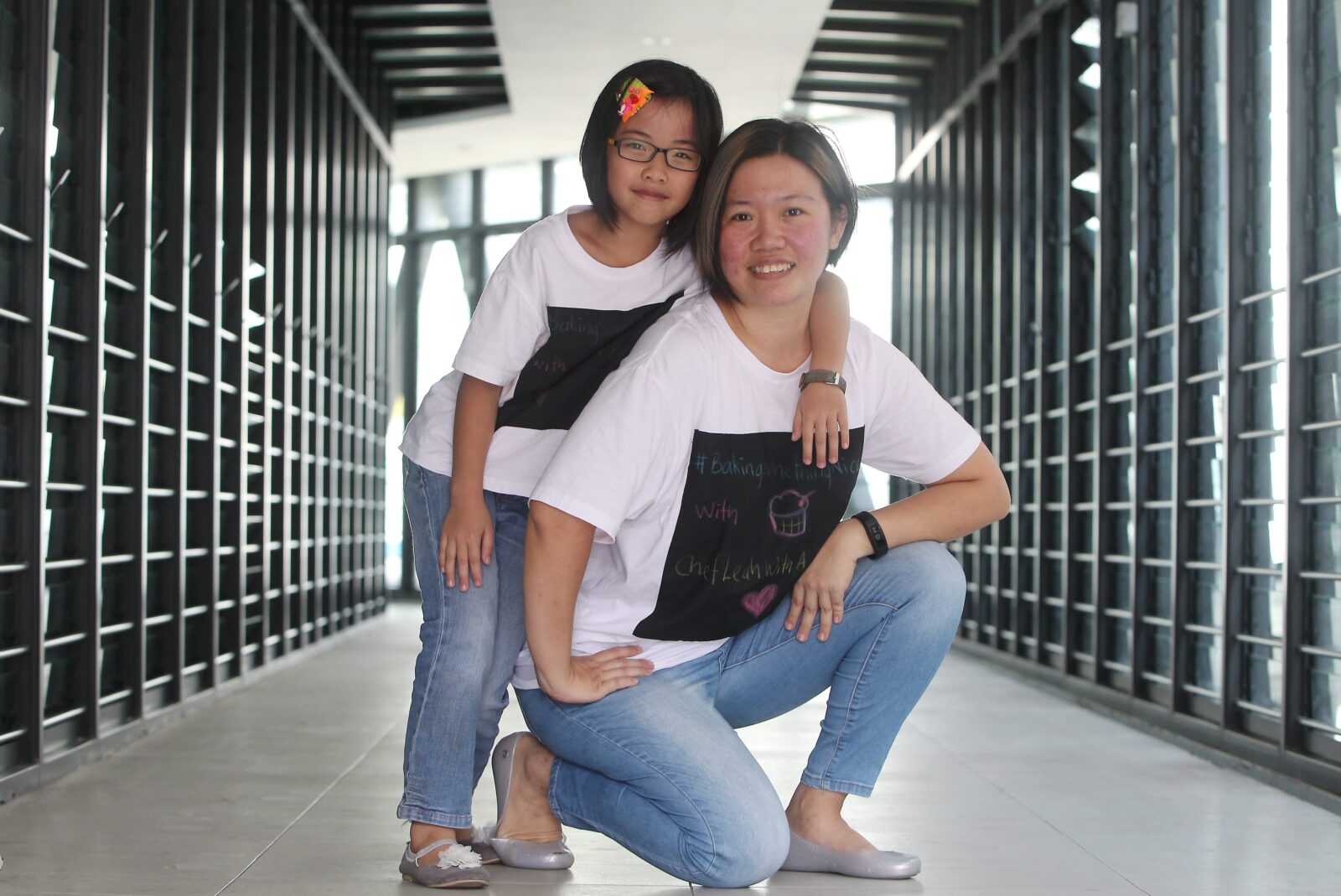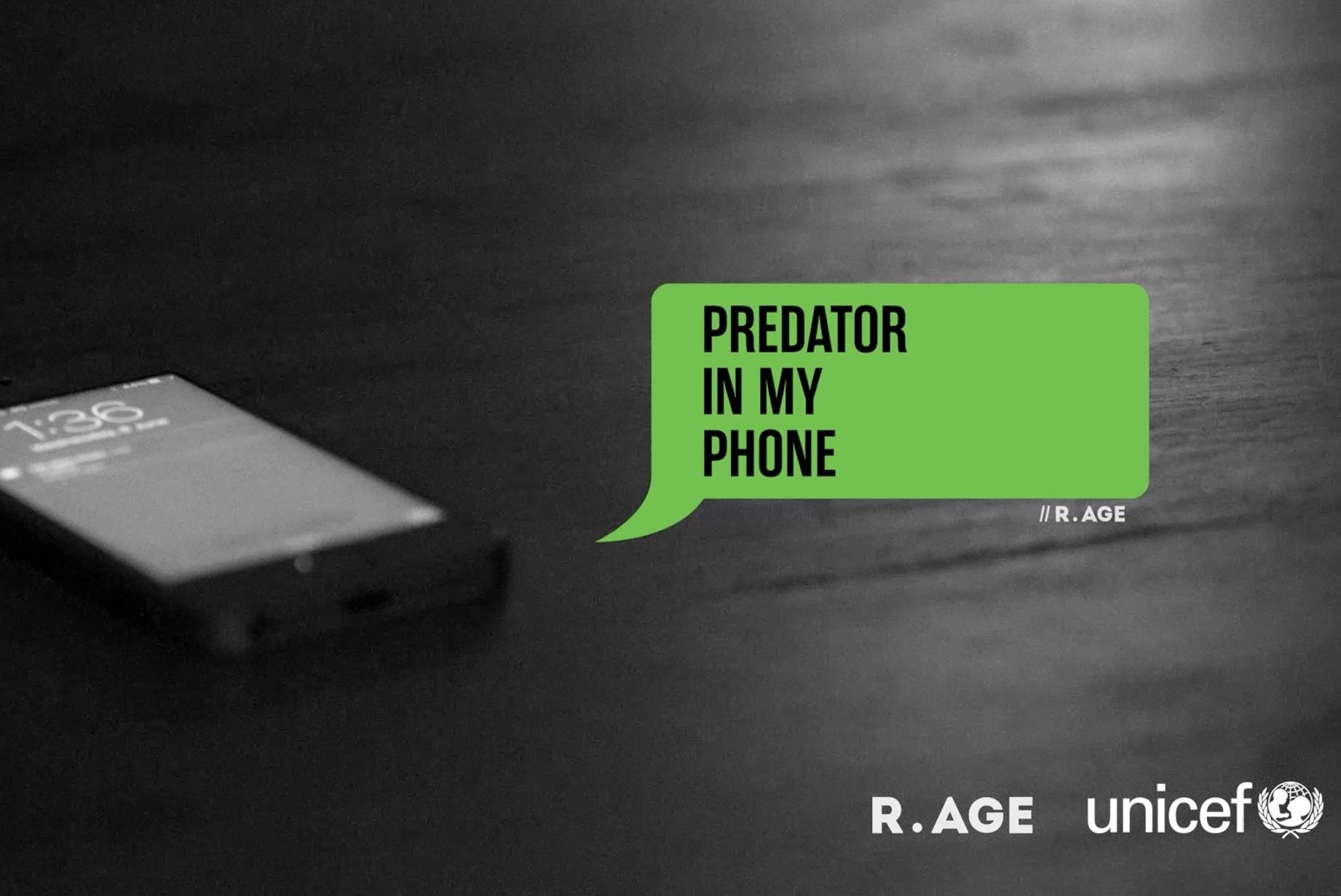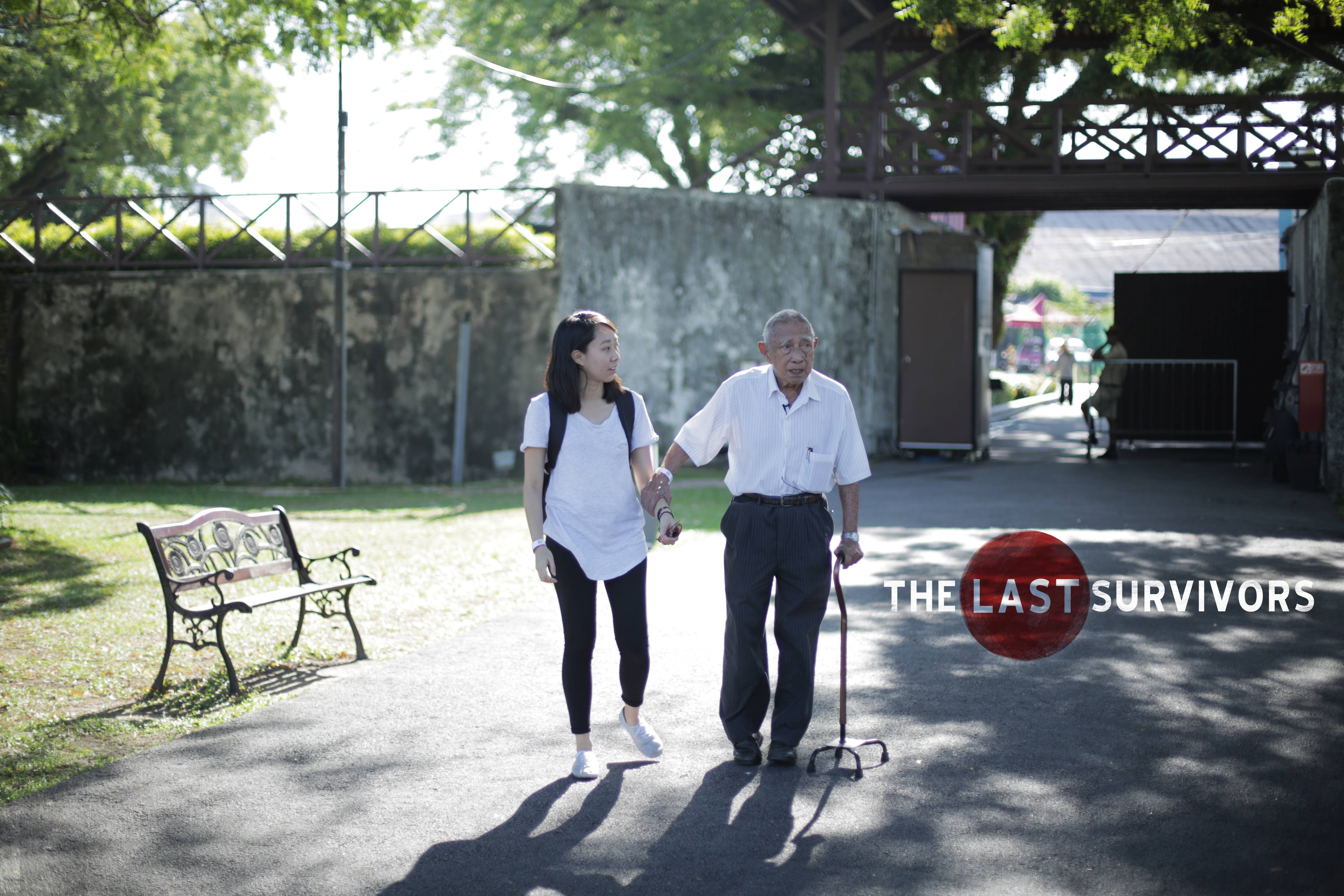IT can’t be easy for a parent to hear people ask why your seven-year-old child can’t just enjoy a “regular childhood”, but Tay Mei Yean says that’s the kind of question she regularly gets.
That’s because Tay’s daughter, Leah Choy, is a child activist who bakes and paints to raise funds for various causes, including the treatment of her younger sister Adele, who was born with cerebral palsy.
“People ask why are we encouraging her to do what she’s doing,” said Tay. “It’s overwhelming but what we can do is focus on the positives to keep us going.”
Thankfully, there are also plenty of people who are inspired by how determined Choy is, but the fact is, there are just as many who don’t see activism or advocacy as something for children or teenagers to get involved in – especially in Malaysia.

Tay (left) said Choy’s determination helps her focus on the positive. ― Photo: NORAFIFI EHSAN/The Star
One of the main concerns, naturally, is that the children’s studies will be affected.
It’s a challenge, definitely, but Zarina Zainuddin makes it work. Her son Firdaus Ahmad Farouk volunteers at a soup kitchen every week, and still he managed to score well in his PT3 exams last year.
Even then, Zarina doesn’t measure her children’s development in terms of academic achievement alone. The problem for her is that the school system in Malaysia doesn’t seem to encourage non-academic development.
RELATED: Malaysia’s youth advocates are changing the world
“Schools generally don’t have a system where they encourage social activities, and I believe that as parents we should play a bigger role in teaching our children to help others,” said Zarina.
Unicef Malaysia communication specialist Indra Kumari Nadchatram echoed her statement, adding that it is important for adults to believe in children’s ideas and validate their visions to “enable” advocacy in them.
“This is an important part of every child’s growth, as it helps them understand how their actions have an effect on the lives of others,” she said.
She added that while many parents do try to inspire their children to do good, these lessons aren’t being reinforced anywhere else in society.
Thankfully, some teachers take it upon themselves to encourage students to think beyond their little bubbles in school.
Ka Kai Fong, a young teacher from SJK (C) Chi Chih, is one such teacher. He encouraged his student Loh Shi Ya to become an advocate for environmental sustainability, which led to the entire community around the school getting involved in a massive recycling programme.
“We didn’t have any activities like that in the past,” he said. “But after Loh started her Recycling Club, we’ve won the National Recycling Competition twice and we’ve received a lot of support from the community.”
Abby Latif, programme director of female empowerment organisation WOMEN:girls, believes that if young people were given more opportunities to make a difference in schools, they will surprise you.
The problem now, she said, is young people aren’t being trained to speak up and make a difference.
“Adults need to stop putting barriers and limitation on children,” said Abby. “After all, they are our future, so they
need to be able to participate in creating the world they think they should have.”






Leave a reply